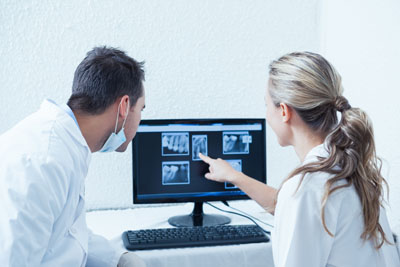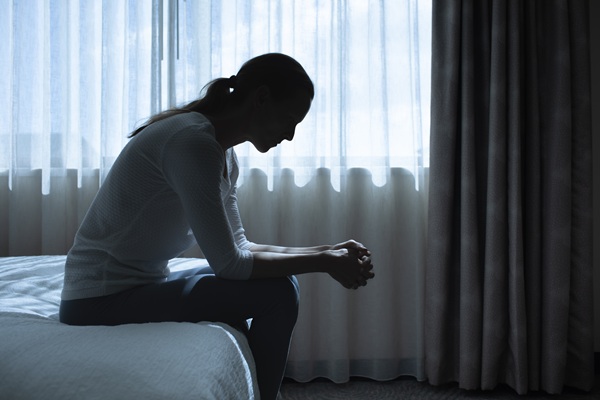How Common is Depression?

Affecting people of all ages and in a variety of ways, depression is more common than most people realize. If you suffer from this mental health issue, you probably struggle with many daily activities such as eating, sleeping, working and enjoying life overall. It is important to understand that you are not alone and that treatment is available by visiting a psychiatrist.
Symptoms of depression
depression manifests in so many different ways that some people suffer from it without even knowing. Fortunately, doctors have remedies that help. However, seeking medical care starts by learning about the signs and symptoms.
For insight into the symptoms associated with depression, keep reading.
- Crying for unexpected reasons
- Major changes in sleep and eating patterns
- Anxiety, anger, irritability and worry
- Long periods of sadness
- Loss of energy
- Problem concentrating
- Feeling worthless and guilty
- Unexplained body aches and pains
- No longer finding pleasure in hobbies or interests
- Thoughts of suicide or death
Not only is depression common, but there are also different types. For a lot of people, depression starts after losing a loved one, going through a divorce, being terminated from a job or having some other traumatic experience. However, there are other triggers such as substance abuse, as well as eating and anxiety disorders.
Children and teens
While parents do everything they can to help guide their children through the turbulent childhood years, depression still occurs. With this type, kids sleep long hours, stay isolated from family and friends, develop aches and pains for no apparent reason and even experience behavioral or speech problems. According to Science Daily, one out of every 20 children and teens struggle with either anxiety or depression.
Aging adults
Depression is also common among the aging population with the Centers for Disease Control and Prevention (CDC) citing that the percent affected varies depending on the situation. For instance, depression only affects between 1 and 5 percent of elderly people who still live independently. However, the percentage jumps to 13.5 percent for those who need in-home health care. As for hospitalized patients, it drops slightly to 11.5 percent.
Keep in mind that feeling sad after moving to an assisted living facility or nursing home, suffering from an illness or experiencing the death of a loved one does not automatically equate to depression. It is when those feelings linger and diminish the enjoyment of life that they turn into a concerning problem.
Seeking treatment
There are times when depression becomes serious, even life-threatening. If you or someone you care about shows the telltale signs of this mental health problem, it is essential to seek immediate help. Whether you start with your family physician or schedule an appointment with a psychiatrist, you should never wait to take action.
Depression on any level is not something to take lightly. If you begin to struggle or you have a loved one who does, make sure to reach out to a doctor who can help. For immediate situations, there are 24/7 hotlines available.
Request an appointment here: https://futurepsychsolutions.com or call Future Psych Solutions at (803) 335-5232 for an appointment in our Columbia office.
Check out what others are saying about our services on Yelp: Read our Yelp reviews.
Related Posts
Post-traumatic stress disorder PTSD treatment continues to evolve, especially for individuals who do not find enough relief with traditional talk therapy or standard medications alone. PTSD affects the brain's stress circuits, mood regulation, and sleep, which can make daily life feel overwhelming. Modern interventional psychiatry focuses on advanced therapies that help the brain reset and…
Depression can be difficult to manage, particularly for those who do not respond to traditional antidepressants and other methods. In these cases, spravato for depression offers a new and effective psychiatric treatment option. This FDA-approved medication, also known as esketamine, is administered as a nasal spray under medical supervision. It has shown remarkable results for…
Treatment-resistant depression can leave patients feeling stuck, even after exploring different medications and approaches to therapy. The good news is that TMS therapy, or transcranial magnetic stimulation, offers a new way forward. This innovative and noninvasive psychiatric treatment aims to restore healthy communication between brain regions responsible for mood, emotion, and focus, providing a path…
Ketamine therapy is an effective treatment method for treatment-resistant mental conditions, such as depression, anxiety disorders, and post-traumatic stress disorder (PTSD). However, common misconceptions may prevent individuals from choosing this treatment and obtaining the relief they need. Our team is here to dispel the three most common myths surrounding ketamine therapy so you can make an…


